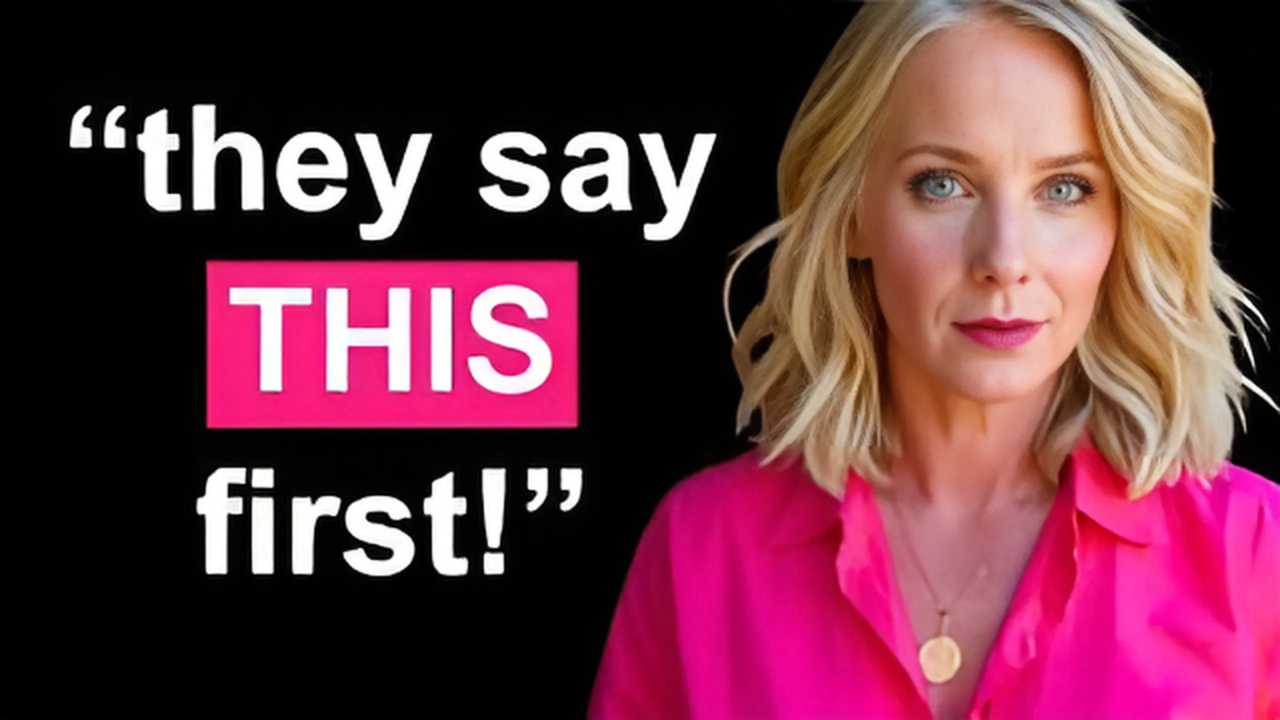Covert manipulation doesn’t yell—it whispers. It flatters, guilts, and quietly shifts your identity, all while draining your energy. In this post, I’ll show you 5 subtle red flags most people miss—and how to spot them before you lose yourself.
Covert manipulation isn’t loud. It doesn’t explode. It whispers.
There’s no dramatic confrontation, no obvious abuse. Just a slow erosion of your clarity and power—hidden behind kind words, quiet guilt, and invisible strings.
These tactics are designed to influence your decisions, shape your emotional responses, and control outcomes without you ever realizing it. It’s not a misunderstanding. It’s a strategy.
But if you know what to look for, you can protect yourself—and take your power back.
After 20 years studying narcissistic relationships and self-worth, I’ve seen these patterns again and again. In this post, I’ll walk you through five signs of covert manipulation, the red flags most people miss, and how to reclaim your clarity.
Clue 1: Flattery That Isn’t Praise—It’s Positioning
It starts with admiration. You hear, “You’re doing so well at work,” or “You always seem so grounded.”
But it’s not real praise—it’s data collection. They’re identifying your resources: your money, your stability, your emotional bandwidth. Once they know what you have, they begin revealing quiet struggles:
“It’s been a rough couple of months.”
“I’m trying, but it’s hard doing everything alone.”
They don’t ask for help—they just let the weight build, until stepping in feels like your moral obligation. Before you realize it, you're giving energy, time, or resources you never agreed to offer.
It’s not flattery. It’s a setup.
Clue 2: Guilt That Feels Like Your Own Voice
Say no. Set a boundary. Ask for space. What comes back? Not anger—but disappointment.
And a reminder of everything they’ve “done” for you:
“That’s why I washed your car. I know how stressed you’ve been.”
“I’ve been killing myself to make your life easier.”
Suddenly your boundary feels like betrayal. You’re not manipulated—you just feel selfish. But the truth is, that guilt was planted. Carefully. Strategically. So you would police yourself. So you’d give more to avoid letting them down.
This isn’t generosity. It’s emotional bait.
If you’d like a copy of the tools I share, sign up below and you’ll get a new 3-minute empowerment plan every week.
Clue 3: The Quiet Rewrite of Who You Are
You’re no longer seen as kind, giving, or trustworthy. Instead, you're slowly positioned as selfish, unreliable, or "just like everyone else."
They don’t attack. They imply:
“People always show their true colors eventually.”
“Wow, I guess I had you wrong.”
Now you’re not just trying to fix the situation—you’re trying to fix how they see you. You over-give, over-prove, and try harder not to be “that person” they warned you about.
This is manipulation by identity shift. You’re not being corrected—you’re being recast.
Clue 4: Your Needs Become the Problem
You’re tired. Sick. Stressed. You ask for a little support or space. And suddenly, you are the issue.
“You said you could handle this.”
“I didn’t realize I wasn’t welcome.”
“I guess you needed that more than we needed you.”
You’ve given everything, but the second you ask for something in return, you're treated like a burden. So you self-correct. You stop asking. You do more. You work harder just to avoid the next freeze-out.
This isn’t a breakdown in communication. It’s punishment for being human.
Clue 5: Withdrawal as a Weapon
You’re still giving—but it’s not enough. Suddenly the mood changes. You hear:
“I’m fine.”
“You do you.”
“I guess I misread who you are.”
It feels casual, but it lands like a rejection. You sense the connection is gone. Not because you did something wrong—but because you stopped playing your part.
And what do you do? You soften your voice. You explain. You start managing their emotions. You work to “earn” back the version of them that felt safe.
That’s the goal. You’re being trained to stay compliant—to overgive, overexplain, and avoid setting boundaries. All without a single direct request from them.
The hardest part about covert manipulation is that it looks like kindness. It sounds like care. But what it creates is exhaustion, confusion, and self-doubt.
You start thinking you’re too much. That your needs are wrong. That you’re failing. But you’re not. You’re being quietly, strategically controlled.
Recognizing these patterns is the first step to reclaiming your voice.
You’re not too much. You’re not overreacting. You’re seeing the truth—and that’s your power.
And if you want to go deeper, click here to discover the—5 Clues to Spot a Narcissistic Father in Conversation. You’ll learn more tools for spotting manipulation and creating boundaries that actually work.
I’m glad you’re here. Let’s keep going.

